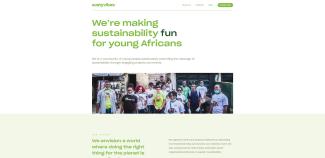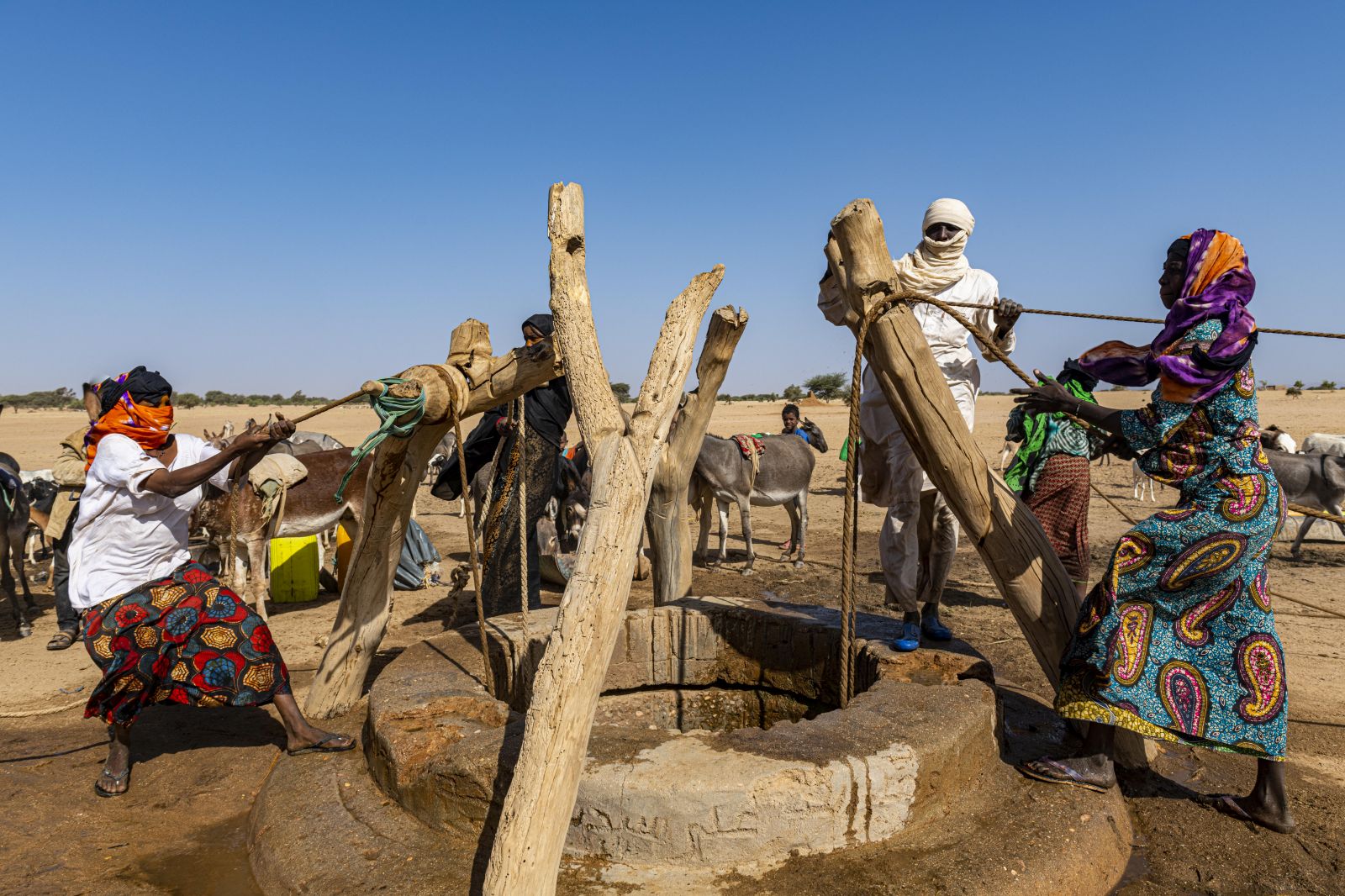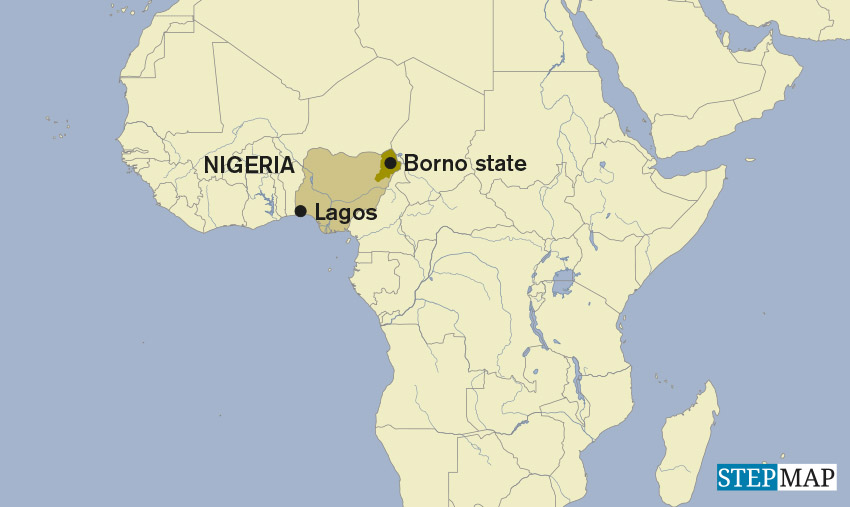Gender justice
For the climate’s sake, empower African women

Women’s disproportionate vulnerability to climate change is man-made since it arises from socio-cultural factors. In Africa, these include a lack of access to education, information and resources such as land.
The vast majority are restrained by general expectations of what they should be, think and do. Consider the example of drought: In times of water scarcity, which are set to become more frequent and more severe, it is girls’ task to fetch water for their families. They often miss school for this reason. As drought is making clashes between farmers and herders more likely, fetching water is also becoming more dangerous in many parts of Nigeria. At the same time, deforestation is making the collection of firewood – another female chore – more difficult (see Gloria Laker Aciro Adiiki in Focus section of D+C/E+Z e-Paper 2020/05).
Women generally lack bodily autonomy (see Dagmar Wolf in Magazine section of D+C/E+Z e-Paper 2021/09) and agency, and that compounds communities’ vulnerability to climate change. Women often have no say in how many children they have and when they have them. This is true especially in rural areas, but not only there. Wives are typically expected to succumb to male demands. With more children comes the need for more resources, in both material and mental terms. Poor women obviously lack money, and increasing pressure on ecosystems means that natural resources are becoming increasingly scarce. Village women with fewer children have been found to earn more money, enjoy better health and see higher crop yield in their farming. As a result, they provide more nutritious foods to their families.
These are only a few examples of how climate change particularly affects African women and girls. The solution would be to empower women. They must be equipped with the know-how to take their fates in their own hands, which includes rising to the challenges that come with climate change. Access to education and health services – including, of course, reproductive health – are essential. Moreover, women deserve access to economic resources and full rights as autonomous persons.
Help society fight climate change
Women’s empowerment will help society at large fight climate change. In Africa and many rural populations, women play critical roles in natural resource management including water, forests and energy. They often have experience dealing with nature that can be applied to climate change risk prevention.
There are examples for the positive effects of women’s involvement in projects geared to sustainable development – whether as farmers, entrepreneurs or stakeholders in policymaking. Indeed, women are leading in many environment-minded civil-society organisations in Nigeria, including Wecyclers, Solar Sisters or GreenHill Recycling.
We have also seen innovative technologies such as clean cook stoves that have to a large extent helped reduce deforestation and illegal tree logging in many parts of the country. It has also combatted air pollution and the resultant respiratory health impacts that women often suffered from while cooking.
Experiences of this kind have led to the development of the National Action Plan on Gender and Climate Action for Nigeria. By empowering women, who make up more than half of the world’s population, we expand our capacity to manage and counteract climate change. As the world grapples with the climate crisis and seeks ways to mitigate and adapt, we have to include women. The world, Africa and Nigeria simply cannot afford not to do so.
Jennifer Uchendu is the founder and leader of SustyVibes, a social enterprise that supports the UN’s Sustainable Development Goals.
info@sustyvibes.com











